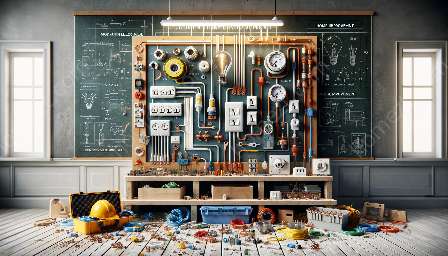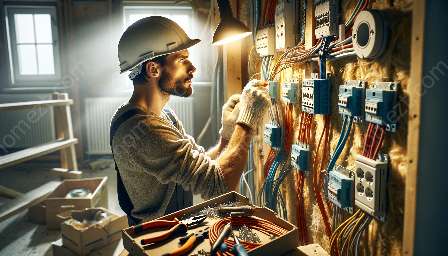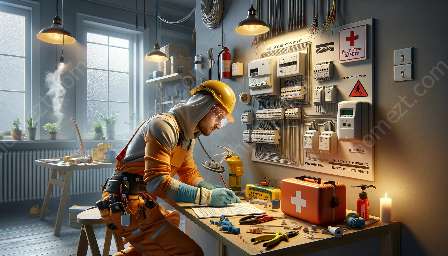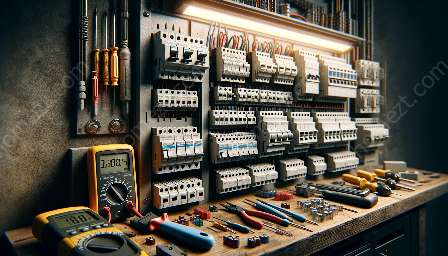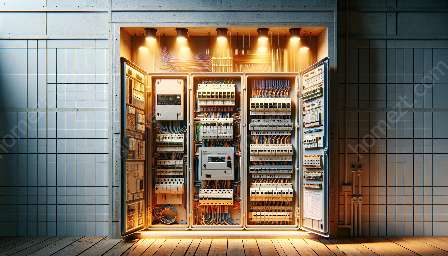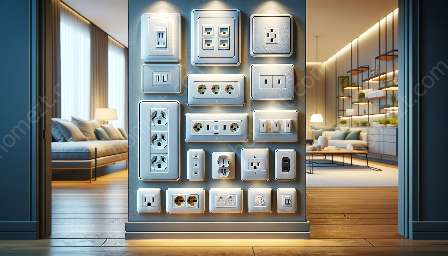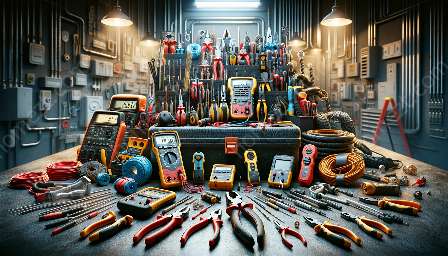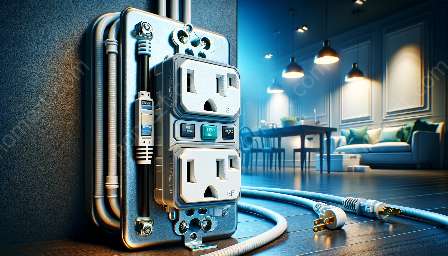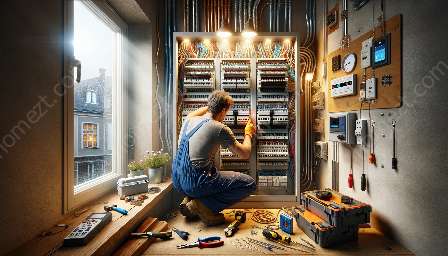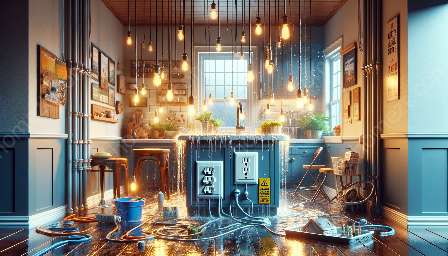As you embark on your home improvement projects, it's crucial to have a good understanding of electrical codes and regulations. Electrical work is highly regulated to ensure safety and compliance with national and local standards. In this comprehensive guide, we'll delve into the key aspects of electrical codes and regulations, covering topics such as wiring standards, outlet placement, circuit protection, and more.
Importance of Electrical Codes and Regulations
Electrical codes and regulations are put in place to safeguard people and property from electrical hazards. Compliance with these standards is fundamental in ensuring the safety and reliability of electrical systems. By adhering to codes and regulations, homeowners can minimize the risk of electrical fires, shocks, and other potential dangers.
National Electrical Code (NEC)
The National Electrical Code, also known as NEC, is a widely adopted standard for the safe installation of electrical wiring and equipment in the United States. It is updated every three years to incorporate the latest technologies and safety measures. Understanding the NEC is essential for anyone involved in electrical work, from homeowners to professional electricians.
Key Areas Covered by NEC
- Wiring Standards: The NEC provides guidelines for the proper installation and maintenance of electrical wiring systems to ensure they are safe and reliable.
- Outlet Placement: It specifies the required locations and spacing for electrical outlets to accommodate the needs of modern households.
- Circuit Protection: NEC outlines the proper use of circuit breakers, fuses, and other protective devices to prevent overloads and electrical faults.
Local Electrical Codes and Permit Requirements
In addition to the NEC, many local jurisdictions have their own set of electrical codes and permit requirements that must be followed. Before undertaking any electrical work, it's imperative to familiarize yourself with the specific regulations in your area. This may involve obtaining permits for electrical installations and having them inspected to ensure compliance with local codes.
Safe Electrical Practices for Home Improvement
Whether you're adding new outlets, updating lighting fixtures, or rewiring a room, it's crucial to observe safe electrical practices. This includes using the right materials and tools, following proper installation methods, and seeking professional assistance when needed. By adhering to best practices and regulations, you can create a safer and more functional electrical system in your home.
Consulting with Electrical Professionals
While this guide provides valuable insights into electrical codes and regulations, it's important to recognize when a project is beyond your expertise. For complex or extensive electrical work, consulting with qualified electricians or electrical engineers is recommended. These professionals can ensure that your electrical projects meet all relevant codes and regulations while meeting your specific requirements.
Conclusion
Electrical codes and regulations play a vital role in maintaining the safety and integrity of electrical systems. By understanding and adhering to these standards, homeowners can carry out home improvement projects with confidence, knowing that their electrical work meets the necessary requirements. As you embark on your next electrical project, keep in mind the importance of staying informed about codes and regulations to create a secure and compliant electrical environment in your home.

